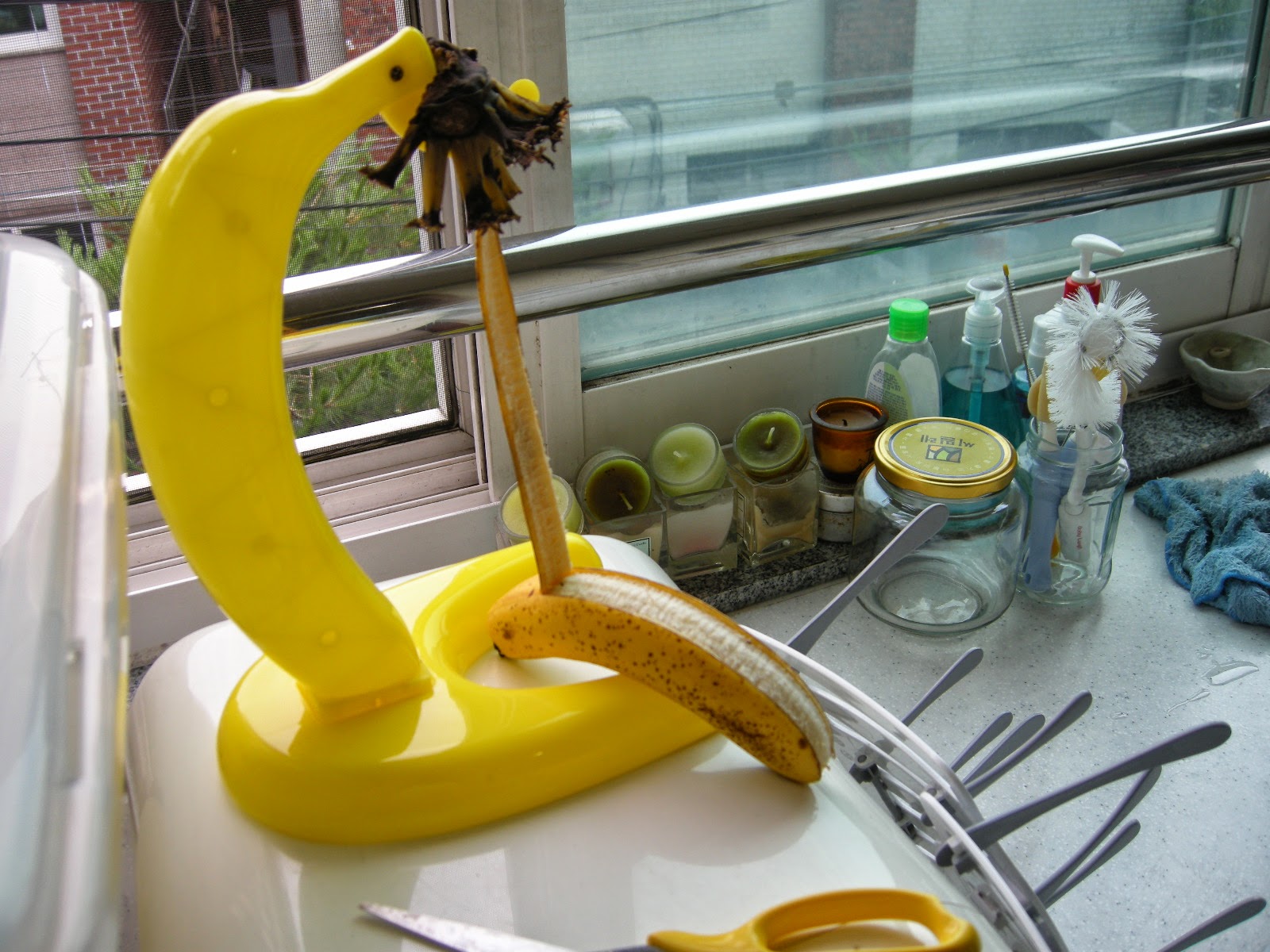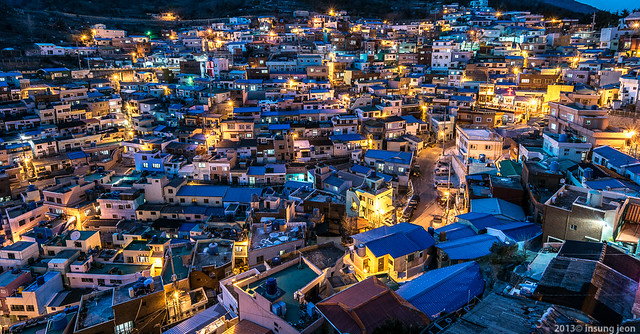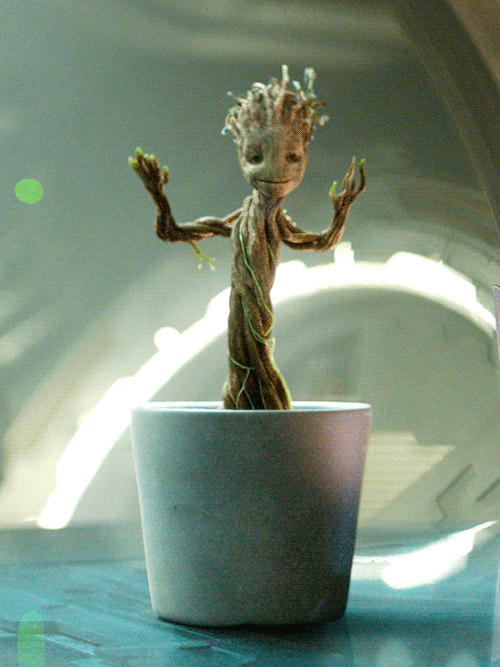It's a year after the Sewol Ferry disaster. Later today I'll walk around a few of the mourning and commemoration sites. Perhaps I will post photos if I deem it fit to take photos. Chances are good that I won't, because people deserve privacy for their grief. [Update: yeah. No photos.]
I wrote this last year, in the original aftermath, after visiting the memorial outside City Hall, which was there all the way from April until December, when they finally took it down to build the outdoor skating rink.
Socially and culturally, it's been long enough to fairly assess some of the effects of the disaster here in Korea, and while some would say the one year anniversary is a crass time to do so, because of the families, others would say there isn't a better one. Put bluntly, the Sewol disaster chucked a pipe bomb into the national psyche, and everybody's been scrambling to return to normal, or re-assert the status quo. The status quo has been re-asserted, but those who like to kick back against the status quo are a little larger in number, and their grievance is a little closer to the surface, than it was before.
Here are some of the things that have happened since the disaster. This here is a good rundown as well. This one is a little more strident. Deservedly.
There's more, but what started as a messy failure at multiple levels leading to a needless, needless loss of lives, has resulted in a messy political mess that hasn't really accomplished much at all, other than undermining the faith of another generation in its elders to provide wise and long-seeing leadership. I would be happy if our young folks got angry instead of just discouraged, but we'll see how long that lasts. I'm surprised to hear just how jaded I am about this, because normally, in terms of social progress and the arc of history, I am very much an optimist. I do believe that even a messy situation that brings ugly things to light often ends up as a net good, because once ugly things are brought to light, people can start doing things about them. But that's not what I see this time, and it's fucking depressing.
If I were melodramatic, I'd say that every day, every year, every presidential term that goes by when we don't clean things up, root out the corruption and the complacent "it's OK" "just get it done" or "not my problem" attitudes that contributed to this, or at least advance another step in the process of doing so, we're killing these kids again, burying another class of school kids in a watery grave, or another dozen migrant workers under I-beams in an industrial accident, or poisoning another roomful of electronics company employees with industrial chemicals. It's not often that the cost of those kinds of attitudes gets highlighted so starkly, but as I wrote in my last Sewol elegy, we're still waiting for a miracle.
And it hasn't come yet.
I wrote this last year, in the original aftermath, after visiting the memorial outside City Hall, which was there all the way from April until December, when they finally took it down to build the outdoor skating rink.
 |
| images from my previous Sewol article |
Here are some of the things that have happened since the disaster. This here is a good rundown as well. This one is a little more strident. Deservedly.
- The boat has not been raised.
- President Park is visiting Latin America rather than attending the Sewol one-year anniversary proceedings. You know your ratings are poor when even Arirang is reporting your low approval ratings. That's Arirang, whose slogan for a while may or may not have been "Wow! Bibimbap is delicious!"
- Investigations into the disaster have been mired in political and legal wrangling repeatedly, particularly when someone wanted to increase the scope of the investigation to anything broader than "let's pin as much blame as we can onto the people who are already in jail, and make sure to avoid any investigation that might discover that rabid deregulation of entire industries was the thing that allowed the Sewol to get so dangerously overloaded, or allowed it on the seas at all. Instead, the ruling party is trying to discredit the families of victims.
- Korea's progressive party badly misplayed the hand it had been dealt, attempting to channel rage and anger over the Sewol ferry into success in the 2014 by-elections, but forgetting to attach a coherent vision and policy goals and, you know, have a platform other than "We're mad as hell, and we're not gonna take it anymore!" leading to a humiliating failure that's a black mark on the records of every progressive leader involved. Since that defeat, the Korean political left has returned to its usual habit of eating itself.
- This is just an eye test sort of judgment, but shit hasn't changed. Public safety crackdowns, if they happen, are pretty much headline bait, and not sustained enough to actually cause changes in behavior. Like using a flashlight to get rid of cockroaches instead of pesticide. The frequency of news stories about death or injury due to sheer negligence or disregard remains about the same. The leaders you'd expect to effect this kind of change seem mostly to be interested in covering their own asses. And buses run red lights and crosswalks, and people forget to put on their seat belts, and motorbikes go up on sidewalks of dive through traffic at about the same frequency as ever. It'd be nice to at least see leaders going through the motions of acting as if they were going to try to improve public safety, at least. Before the new showcase tower in Jamsil falls over or something. Korea is third in the OECD in work-related deaths. Traffic statistics are equally dismaying.
- The captain of the ferry was prosecuted, and they're seeking the freakin' death penalty for him, as if this is the thing that will expiate all the grief. You know, rather than tangible evidence of a deeper and more energetic regard for safety over speed and profit starting at the policy level and enforced right down to the rank and file. Which would take time... but again, it'd be nice to see our leaders going after that, rather than mostly just interfering with the investigation as if they have something to hide. (read the last half of this article for a description of what I mean). Now, I have more to say about the death penalty, but even all that aside, I think the death penalty is an embarrassing overreach and an example of populism in one of the very, very, absolute last places it belongs.
There's more, but what started as a messy failure at multiple levels leading to a needless, needless loss of lives, has resulted in a messy political mess that hasn't really accomplished much at all, other than undermining the faith of another generation in its elders to provide wise and long-seeing leadership. I would be happy if our young folks got angry instead of just discouraged, but we'll see how long that lasts. I'm surprised to hear just how jaded I am about this, because normally, in terms of social progress and the arc of history, I am very much an optimist. I do believe that even a messy situation that brings ugly things to light often ends up as a net good, because once ugly things are brought to light, people can start doing things about them. But that's not what I see this time, and it's fucking depressing.
If I were melodramatic, I'd say that every day, every year, every presidential term that goes by when we don't clean things up, root out the corruption and the complacent "it's OK" "just get it done" or "not my problem" attitudes that contributed to this, or at least advance another step in the process of doing so, we're killing these kids again, burying another class of school kids in a watery grave, or another dozen migrant workers under I-beams in an industrial accident, or poisoning another roomful of electronics company employees with industrial chemicals. It's not often that the cost of those kinds of attitudes gets highlighted so starkly, but as I wrote in my last Sewol elegy, we're still waiting for a miracle.
And it hasn't come yet.
Rest in peace, once again, children of the Sewol. May the heroes who push against the complacency and corruption yet arise, and may it take shorter than I fear it will, as the remnants of Grimy Old Korea die off, before proponents of Safe New Korea have their day.
Here are the closing words of my elegy for the Sewol, written (a little less than) a year ago. This is the promise we are waiting for those in power to make good on.
Maybe this tragedy, after so many ignored warnings, will finally be the violent turning of a new leaf. Maybe the shame on one side, and rage on the other, will finally stop settling for band-aid solutions and transmute into real change, real accountability, until Grimy Old Korea is a closed chapter, and public safety is no longer a luxury for the moneyed. That would be a different kind of miracle than we started off hoping for.There was a promise implicitly made in Grimy Old Korea's heyday, that the nation under construction would be worth the work. That sacrifice and strain would mean future generations enjoy a better nation than the parents inherited. That was the deal. There is a yearning for Korea to be prosperous, but to round that out by also being compassionate, not just toward shareholders, but toward the strangers who live and die, grieve and starve, and still check nervously for Grimy Old Korea barreling toward them at every crosswalk.I wish that the next generation of leaders, contractors and entrepreneurs would see their neighbors, and moreover their customers, tenants and passengers, as part of the great "We," not just during times of crisis and joy, but all the time. The delivery that we want right now is not the one that buzzed by on a sidewalk motorbike, with a metal takeout box that nearly clipped my son. We'd rather have those in power deliver on that promise made in the 60s and 70s, that one day we will be able to enjoy, in peace and safety, the fruit of the sacrifices and griefs we have been asked to bear for too too long. We've worked so hard and lost so much: why are we still so unhappy? Why do these things still happen?The takeout delivery always arrives on time, but the delivery that really matters, has been delayed again and again. And with our yellow ribbons waving in the downtown, maybe that is the miracle we are still waiting for.






























